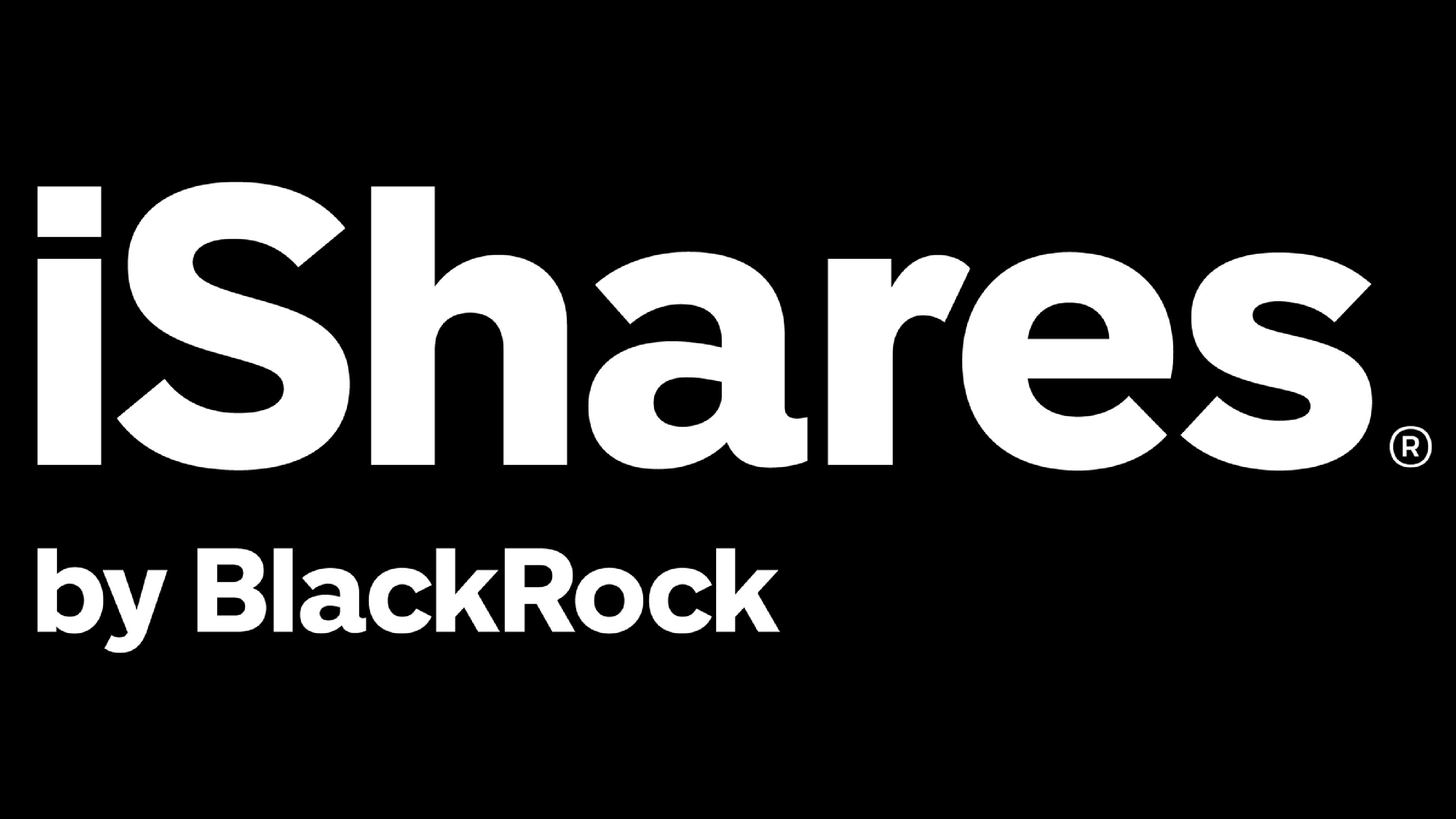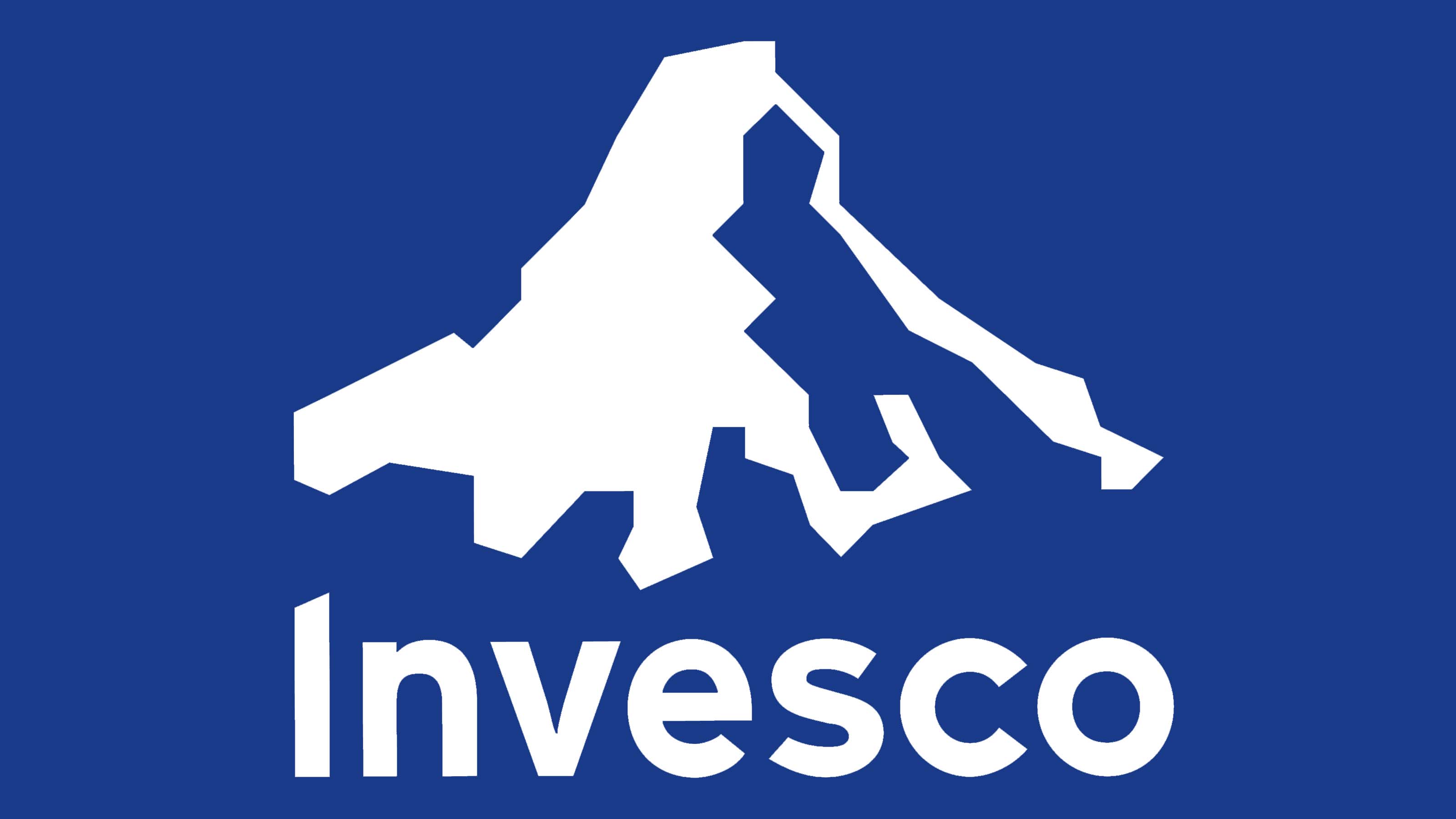The Best Biotech ETFs to Buy
Biotech ETFs offer investors exposure to the most innovative and growth-oriented industry within the traditionally defensive health care sector.


Profit and prosper with the best of Kiplinger's advice on investing, taxes, retirement, personal finance and much more. Delivered daily. Enter your email in the box and click Sign Me Up.
You are now subscribed
Your newsletter sign-up was successful
Want to add more newsletters?

Delivered daily
Kiplinger Today
Profit and prosper with the best of Kiplinger's advice on investing, taxes, retirement, personal finance and much more delivered daily. Smart money moves start here.

Sent five days a week
Kiplinger A Step Ahead
Get practical help to make better financial decisions in your everyday life, from spending to savings on top deals.

Delivered daily
Kiplinger Closing Bell
Get today's biggest financial and investing headlines delivered to your inbox every day the U.S. stock market is open.

Sent twice a week
Kiplinger Adviser Intel
Financial pros across the country share best practices and fresh tactics to preserve and grow your wealth.

Delivered weekly
Kiplinger Tax Tips
Trim your federal and state tax bills with practical tax-planning and tax-cutting strategies.

Sent twice a week
Kiplinger Retirement Tips
Your twice-a-week guide to planning and enjoying a financially secure and richly rewarding retirement

Sent bimonthly.
Kiplinger Adviser Angle
Insights for advisers, wealth managers and other financial professionals.

Sent twice a week
Kiplinger Investing Weekly
Your twice-a-week roundup of promising stocks, funds, companies and industries you should consider, ones you should avoid, and why.

Sent weekly for six weeks
Kiplinger Invest for Retirement
Your step-by-step six-part series on how to invest for retirement, from devising a successful strategy to exactly which investments to choose.
On Wednesday, September 24, the share price of a little-known biotech company based in Amsterdam suddenly surged 247.7%.
The company, uniQure N.V. (QURE), saw its market cap surge to $2.76 billion after it announced positive trial results for its gene therapy treatment targeting Huntington's disease.
Huntington's is a rare but devastating inherited disorder that gradually destroys brain cells, leaving patients with few effective treatment options. Early progress toward a therapy was considered groundbreaking.
The incredible upside of QURE's move highlights the potential for biotech companies when clinical trials succeed. Even before commercialization, positive trial data can send valuations soaring, and in QURE's case, momentum held strong despite a follow-on share offering that diluted existing investors.
But for every QURE, there are many biotechs that go the other way. Years of costly research and clinical trials can end in failure, with stock prices collapsing on disappointing results — or companies simply running out of cash and repeatedly diluting shareholders.
This boom-or-bust dynamic makes biotech stock-picking risky. For long-term investors looking to capture the sector's upside while managing risk, biotech exchange-traded funds (ETFs) can provide far more diversified exposure.
The life cycle of a biotech stock
Investing in biotech can resemble a salmon run, in which only a small fraction make it through. Most begin with an idea or research, form a company and raise money through an initial public offering (IPO) or venture capital.
From there, everything depends on clinical trials.
Phase 1 typically involves 20 to 100 participants, often healthy volunteers or patients with the condition.
It usually lasts several months and focuses on safety and proper dosage.
According to Food and Drug Administration (FDA) data, about 70% of drugs advance to the next stage.
Phase 2 expands to several hundred participants who have the condition. Studies can run from several months to two years.
The goal here is to test whether the drug works as intended while continuing to monitor side effects.
Roughly one in three drugs move on to Phase 3.
Phase 3 scales up further, involving 300 to 3,000 patients.
Trials often last one to four years and are designed to confirm effectiveness, compare results with existing treatments, and carefully track adverse reactions.
Only about 25% to 30% of drugs succeed in moving beyond this stage.
The probabilities are also compounded across phases, which means the funnel narrows quickly. Even though about 70% of drugs clear Phase 1, only a third of those make it through Phase 2, then just a quarter to 30% of those advance beyond Phase 3.
Even passing Phase 3 doesn't guarantee success. Before commercialization, companies must file a New Drug Application with the FDA. The agency reviews clinical results, safety, and manufacturing standards, and approval can take more time — all while expenses keep mounting.
Managing cash is just as critical as producing positive trial results. Biotech companies burn millions each quarter without revenue, apart from grants or partnerships. Many raise money by issuing new shares, which dilutes existing investors. QURE recently did this after positive trial results, taking advantage of elevated prices to extend its runway.
The odds of a drug successfully moving from first-in-human trials all the way to approval are slim, which is why the biotech sector carries such high risk and high reward.
However, biotech firms that clear these hurdles can see enormous upside, either through commercial revenue or acquisition by one of the biotech giants such as Gilead Sciences (GILD), Amgen (AMGN), Regeneron Pharmaceuticals (REGN) or Vertex Pharmaceuticals (VRTX).
These four stocks are large enough to stand on their own, often with cash-rich balance sheets and, in rare cases, dividends. They sometimes partner with smaller firms, such as Vertex's 60-40 revenue split with CRISPR Therapeutics (CRSP) on Casgevy, a gene-editing therapy for sickle cell disease.
This cycle explains the variety of biotech ETFs available. Some emphasize large, established companies with steady pipelines, while others tilt toward smaller, speculative players.
Diversification spreads some risk, but the underlying boom-or-bust dynamic remains.
How we picked the best biotech ETFs
Given the boom-or-bust nature of the sector, prioritizing risk was the first concern in selecting biotech ETFs. That meant culling the most speculative options.
We began by excluding leveraged and inverse biotech ETFs. These are designed to deliver two or three times the daily move of an underlying biotech index, up or down.
While such funds can be useful for traders looking to profit from the sector’s constant news flow and volatility, they're not suited for buy-and-hold investors. They also tend to be expensive, with costs that add up quickly.
High fees were the next screen. Some biotech ETFs charge elevated expense ratios due to their specialization.
For example, funds that only hold clinical-stage companies or that actively screen for cutting-edge innovators, such as Cathie Wood's ARK Genomic Revolution ETF (ARKG), often carry fees exceeding 0.75%. On a $10,000 investment, that’s $75 a year, which compounds over time and drags on returns.
We set a maximum expense ratio of 0.6% for eligible funds.
Finally, we applied our usual criteria for liquidity and stability.
That meant focusing on ETFs with a 30-day median bid-ask spread of 0.2% or less, and with at least $100 million in assets under management to reduce closure risk.

iShares Biotechnology ETF
- Assets under management: $5.77 billion
- Expense ratio: 0.44%
- 30-day median bid-ask spread: 0.01%
- 3-year annualized total return: 2.75%
The iShares Biotechnology ETF (IBB) is the largest and most established biotech ETF, tracking the NYSE Biotechnology Index with roughly 250 holdings.
As a market-cap-weighted fund, it tilts toward larger companies, with top positions in Gilead Sciences, Amgen, Vertex Pharmaceuticals and Regeneron Pharmaceuticals.
This bias toward large-cap stocks makes IBB less volatile than many expect from biotech, with a beta of 0.8 compared with the broader market. Investors might also receive sporadic quarterly dividends, though payments are not guaranteed and amounts can vary.
This ETF is best suited for investors who want a broad, "buy the basket" approach to biotech with an emphasis on stability above speculation.

VanEck Biotech ETF
- Assets under management: $344 million
- Expense ratio: 0.35%
- 30-day median bid-ask spread: 0.11%
- 3-year annualized total return: 4.82%
Like IBB, the VanEck Biotech ETF (BBH) is market-cap weighted. But it tracks the MVIS US Listed Biotech 25 Index, which as its name suggests, holds only 25 companies.
The portfolio is concentrated at the top, with Amgen, Regeneron, Gilead and Vertex representing the largest positions. This narrower focus makes BBH more of a direct bet on the biggest names in biotech.
In the past three years, that tilt has helped the fund pull ahead of IBB as smaller firms struggled under higher interest rates and regulatory uncertainty while large-cap leaders held up.
This ETF might appeal to investors seeking large-cap biotech exposure at a lower cost with more stability than broader baskets.

SPDR S&P Biotech ETF
- Assets under management: $5.77 billion
- Expense ratio: 0.35%
- 30-day median bid-ask spread: 0.01%
- 3-year annualized total return: 2.44%
Unlike IBB and BBH, which are market-cap weighted, the SPDR S&P Biotech ETF (XBI) takes the opposite approach by equal-weighting its holdings. The fund tracks the S&P Biotechnology Select Industry Index, which currently includes 134 companies.
Whether it's a large-cap player such as Regeneron or a smaller firm such as CRISPR Therapeutics, each stock is reset to the same weight at quarterly rebalancing.
This structure tilts the portfolio toward mid- and small-cap stocks and creates a systematic "buy low, sell high" effect, as outperformers are trimmed and laggards are added back.
This ETF is best suited for investors who want to speculate on biotech innovation in a more diversified, rules-based way without having to pick individual winners.

First Trust NYSE Arca Biotechnology Index Fund
- Assets under management: $1.08 billion
- Expense ratio: 0.54%
- 30-day median bid-ask spread: 0.19%
- 3-year annualized total return: 8.25%
The First Trust NYSE Arca Biotechnology Index Fund (FBT) shows that biotech ETFs can be structured beyond market-cap or equal weighting. It tracks the NYSE Arca Biotechnology Index, which selects 30 companies from the biotech therapeutics and biotech tools and diagnostics sub-industries.
Stocks are ranked based on revenue and R&D spending metrics, then equally weighted with quarterly rebalancing.
This rules-based approach has historically helped FBT outperform more traditional peers like IBB, XBI, and BBH over the past three years.
This ETF is best for investors who want diversified biotech exposure with a fundamentals-driven weighting system. However, there is no guarantee that FBT's more sophisticated methodology will result in future outperformance.

Invesco Biotechnology & Genome ETF
- Assets under management: $218 million
- Expense ratio: 0.58%
- 30-day median bid-ask spread: 0.148%
- 3-year annualized total return: 4.87%
FBT isn't the only fundamentals-based way to own biotech stocks. The Invesco Biotechnology & Genome ETF (PBE) tracks the Dynamic Biotech & Genome Intellidex Index, which scores companies on factors such as price momentum, earnings momentum, quality, management action and value.
The final portfolio holds 30 stocks, rebalanced quarterly. Despite its sophisticated methodology, PBE has lagged peers such as FBT in performance.
This shows that added complexity doesn't always translate into better results.
Investors should also weigh the higher 0.58% expense ratio against cheaper options such as XBI and BBH, which both charge 0.35%.
Learn more about PBE at the Invesco provider site.
Related content
Profit and prosper with the best of Kiplinger's advice on investing, taxes, retirement, personal finance and much more. Delivered daily. Enter your email in the box and click Sign Me Up.
Tony started investing during the 2017 marijuana stock bubble. After incurring some hilarious losses on various poor stock picks, he now adheres to Bogleheads-style passive investing strategies using index ETFs. Tony graduated in 2023 from Columbia University with a Master's degree in risk management. He holds the Certified ETF Advisor (CETF®) designation from The ETF Institute. Tony's work has also appeared in U.S. News & World Report, USA Today, ETF Central, The Motley Fool, TheStreet, and Benzinga. He is the founder of ETF Portfolio Blueprint.
-
 Ask the Tax Editor: Federal Income Tax Deductions
Ask the Tax Editor: Federal Income Tax DeductionsAsk the Editor In this week's Ask the Editor Q&A, Joy Taylor answers questions on federal income tax deductions
-
 States With No-Fault Car Insurance Laws (and How No-Fault Car Insurance Works)
States With No-Fault Car Insurance Laws (and How No-Fault Car Insurance Works)A breakdown of the confusing rules around no-fault car insurance in every state where it exists.
-
 7 Frugal Habits to Keep Even When You're Rich
7 Frugal Habits to Keep Even When You're RichSome frugal habits are worth it, no matter what tax bracket you're in.
-
 The Best Precious Metals ETFs to Buy in 2026
The Best Precious Metals ETFs to Buy in 2026Precious metals ETFs provide a hedge against monetary debasement and exposure to industrial-related tailwinds from emerging markets.
-
 For the 2% Club, the Guardrails Approach and the 4% Rule Do Not Work: Here's What Works Instead
For the 2% Club, the Guardrails Approach and the 4% Rule Do Not Work: Here's What Works InsteadFor retirees with a pension, traditional withdrawal rules could be too restrictive. You need a tailored income plan that is much more flexible and realistic.
-
 Retiring Next Year? Now Is the Time to Start Designing What Your Retirement Will Look Like
Retiring Next Year? Now Is the Time to Start Designing What Your Retirement Will Look LikeThis is when you should be shifting your focus from growing your portfolio to designing an income and tax strategy that aligns your resources with your purpose.
-
 I'm a Financial Planner: This Layered Approach for Your Retirement Money Can Help Lower Your Stress
I'm a Financial Planner: This Layered Approach for Your Retirement Money Can Help Lower Your StressTo be confident about retirement, consider building a safety net by dividing assets into distinct layers and establishing a regular review process. Here's how.
-
 Stocks Sink With Alphabet, Bitcoin: Stock Market Today
Stocks Sink With Alphabet, Bitcoin: Stock Market TodayA dismal round of jobs data did little to lift sentiment on Thursday.
-
 The 4 Estate Planning Documents Every High-Net-Worth Family Needs (Not Just a Will)
The 4 Estate Planning Documents Every High-Net-Worth Family Needs (Not Just a Will)The key to successful estate planning for HNW families isn't just drafting these four documents, but ensuring they're current and immediately accessible.
-
 Love and Legacy: What Couples Rarely Talk About (But Should)
Love and Legacy: What Couples Rarely Talk About (But Should)Couples who talk openly about finances, including estate planning, are more likely to head into retirement joyfully. How can you get the conversation going?
-
 How to Get the Fair Value for Your Shares When You Are in the Minority Vote on a Sale of Substantially All Corporate Assets
How to Get the Fair Value for Your Shares When You Are in the Minority Vote on a Sale of Substantially All Corporate AssetsWhen a sale of substantially all corporate assets is approved by majority vote, shareholders on the losing side of the vote should understand their rights.

